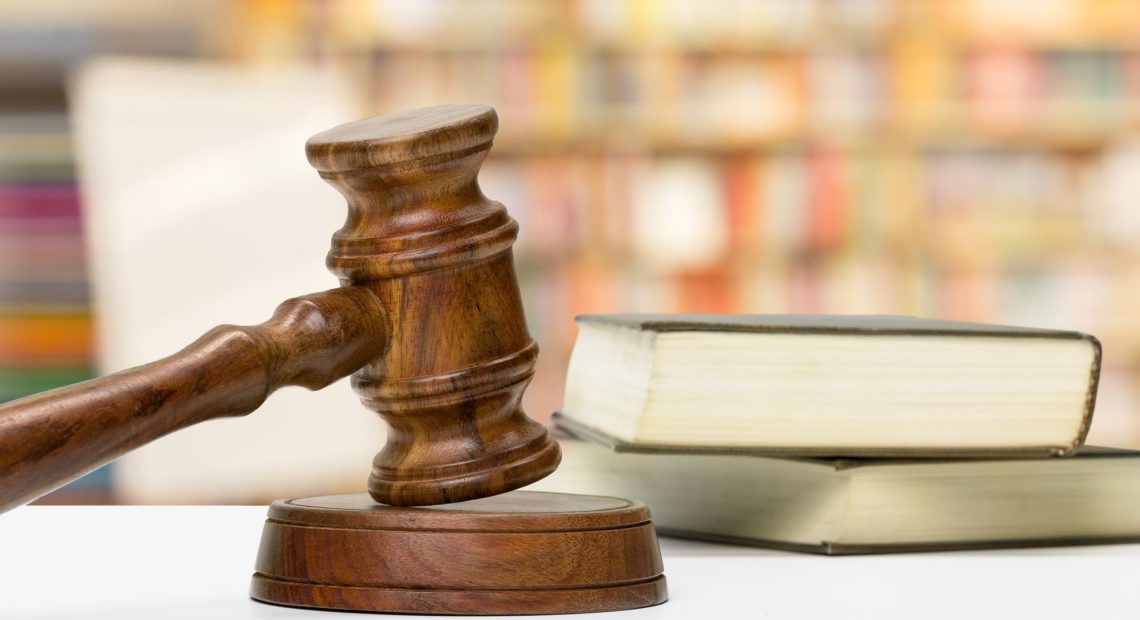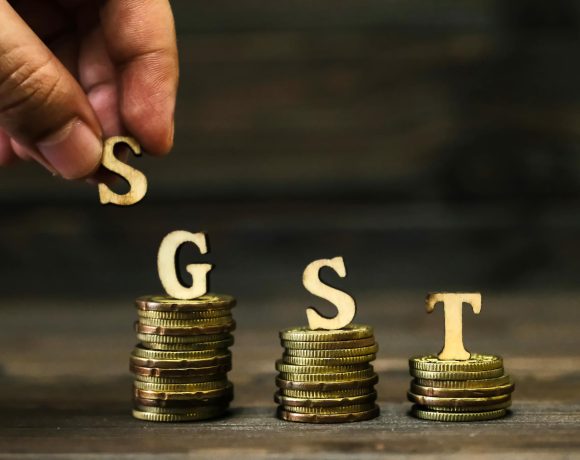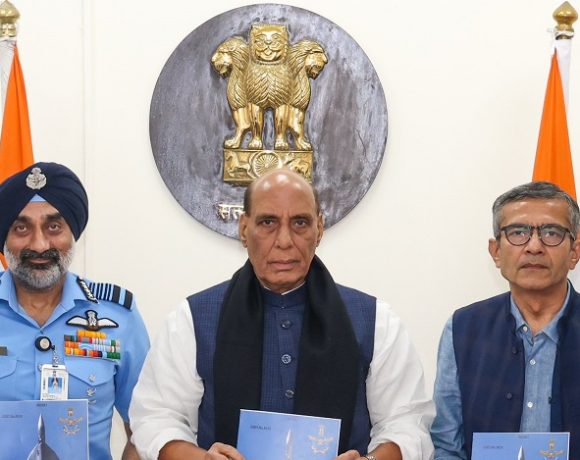
Supreme Court to Rule on Validity of UP Madarsa Education Act
The Supreme Court of India will deliver its judgment on the constitutional validity of the ‘Uttar Pradesh Board of Madarsa Education Act 2004’ tomorrow.
The ruling follows an appeal against the Allahabad High Court’s March decision, which declared the Act unconstitutional, citing concerns that it prioritized religious instruction over a structured education system for Muslim students.
Petitioners Challenge Allahabad High Court’s Interpretation
A three-judge bench led by Chief Justice DY Chandrachud, along with Justices JB Pardiwala and Manoj Misra, reviewed petitions from multiple parties, including the Anjum Kadari, Managers Association Madaris Arabiya (UP), and All India Teachers Association Madaris Arabiya (New Delhi). These groups argued that the Act’s primary purpose is to regulate the education of Muslim children in Uttar Pradesh, not solely to provide religious instruction. Petitioners claim the High Court misunderstood the Act’s intentions.
Concerns Over Quality Education Under Article 21A
Opponents of the Act, including the National Commission for Protection of Child Rights (NCPCR), argued that Madarsa education does not align with the quality education guaranteed under Article 21A of the Constitution. They insisted that while individuals have the right to pursue religious studies, this should not replace mainstream education standards required by law.
The Supreme Court previously stayed the High Court’s judgment in April, noting preliminary concerns that the High Court may have misinterpreted the Act. However, the High Court’s Division Bench, consisting of Justices Vivek Chaudhary and Subhash Vidyarthi, declared the law “ultra vires” and urged the state government to integrate Madarsa students into the formal education system.
Broader Implications for Madarsa Education in Uttar Pradesh
This verdict comes amid increased scrutiny of Islamic educational institutions in Uttar Pradesh. In October 2023, the state formed a Special Investigation Team (SIT) to examine foreign funding for Madarsas and began surveying these institutions to assess their educational practices. The initial High Court decision was prompted by a petition questioning the authority of the UP Madarsa Board and the involvement of the Minority Welfare Department.
The Supreme Court’s decision will have significant implications for educational policy in Uttar Pradesh, especially in terms of integrating Madarsa students into the formal education framework.


















